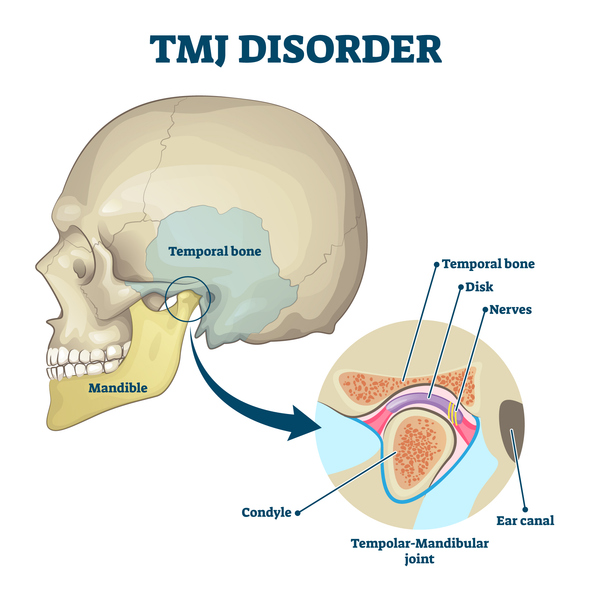TMJ Disorder & Pain Relief
Effective Solutions for Lasting TMJ Relief
Find Lasting Relief Today
Understanding TMJ Pain | Causes, Symptoms & Treatment
TMJ pain can lead to discomfort in the jaw, face, and neck, often resulting in headaches and difficulty chewing. This condition stems from problems with the temporomandibular joint, which links the jaw to the skull. With the right treatment, symptoms can be alleviated, helping to restore comfort and function.
What Is TMJ Disorder?
TMJ disorder is often overlooked in diagnoses because its diverse symptoms can resemble other conditions, such as headaches, ear pain, or neck discomfort.
Up to 10,000,000 +
Undiagnosed Cases of TMJ in America Alone

Dont Wait
Contact Us Today
Understanding TMJ
In this video, Dr. Shirazi discusses TMJ disorder and why addressing it is essential. TMJ, or temporomandibular joint disorder, affects the jaw joint and surrounding muscles, often resulting in pain, difficulty chewing, and other disruptive symptoms. If left unmanaged, TMJ can progressively worsen, leading to chronic pain and potential impacts on overall health. Dr. Shirazi emphasizes the need for early diagnosis and treatment to relieve symptoms and prevent future complications.
